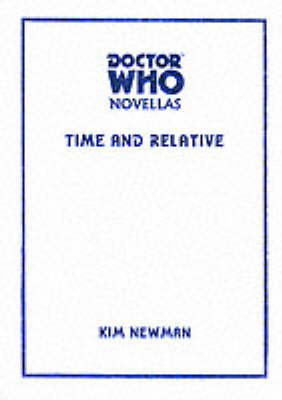BFI TV Classics
1 total work
From 1963 to 1989, for the most part at teatime on Saturdays on BBC1, Doctor Who was a British TV institution. The series had its roots in British science fiction but grew to take in many other influences: historical drama, Hammer horror, satire, conspiracy thriller, even pantomime. Over the years it developed a uniquely eccentric style, at once cosily familiar and cosmically terrifying, and many of its characters, creatures and objects have become indelibly iconic - the Doctors and his assistants, the TARDIS, the Time Lords, and a nightmarish universe of monsters and villians: Cybermen, Ice Warriors, the Master and, of course, the Daleks. The idea that the Doctor should have the power of regeneration was forced on the show's makers when William Hartnell, the original star, could not carry on. But the changing face of the Doctor became key to the evolution of the series and, for many, whole phases of life are summed up in the casting changes: Patrick Troughton, Jon Pertwee, Tom Baker, Peter Davison, Colin Baker, Sylvester McCoy and, in a one-off incarnation, Paul McGann. Even now, in the shape of Christopher Eccleston, the Doctor is set to return.
In this comprehensive study, Kim Newman follows the Doctor's travels through time, examining outstanding stories, as well as prominent themes, recurrent character and monster types and the show's generic positioning between Quatermass and Star Trek, to assess the show as television masterpiece and cultural phenomenon.
In this comprehensive study, Kim Newman follows the Doctor's travels through time, examining outstanding stories, as well as prominent themes, recurrent character and monster types and the show's generic positioning between Quatermass and Star Trek, to assess the show as television masterpiece and cultural phenomenon.
